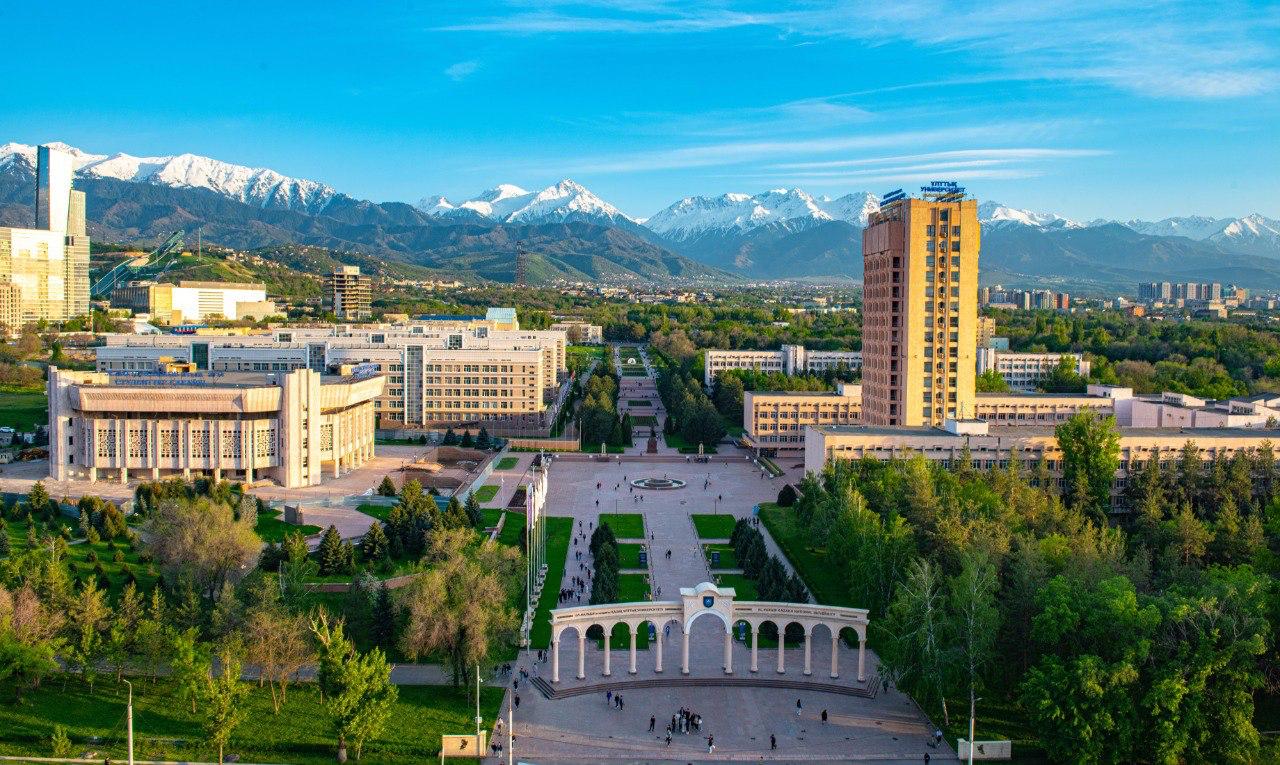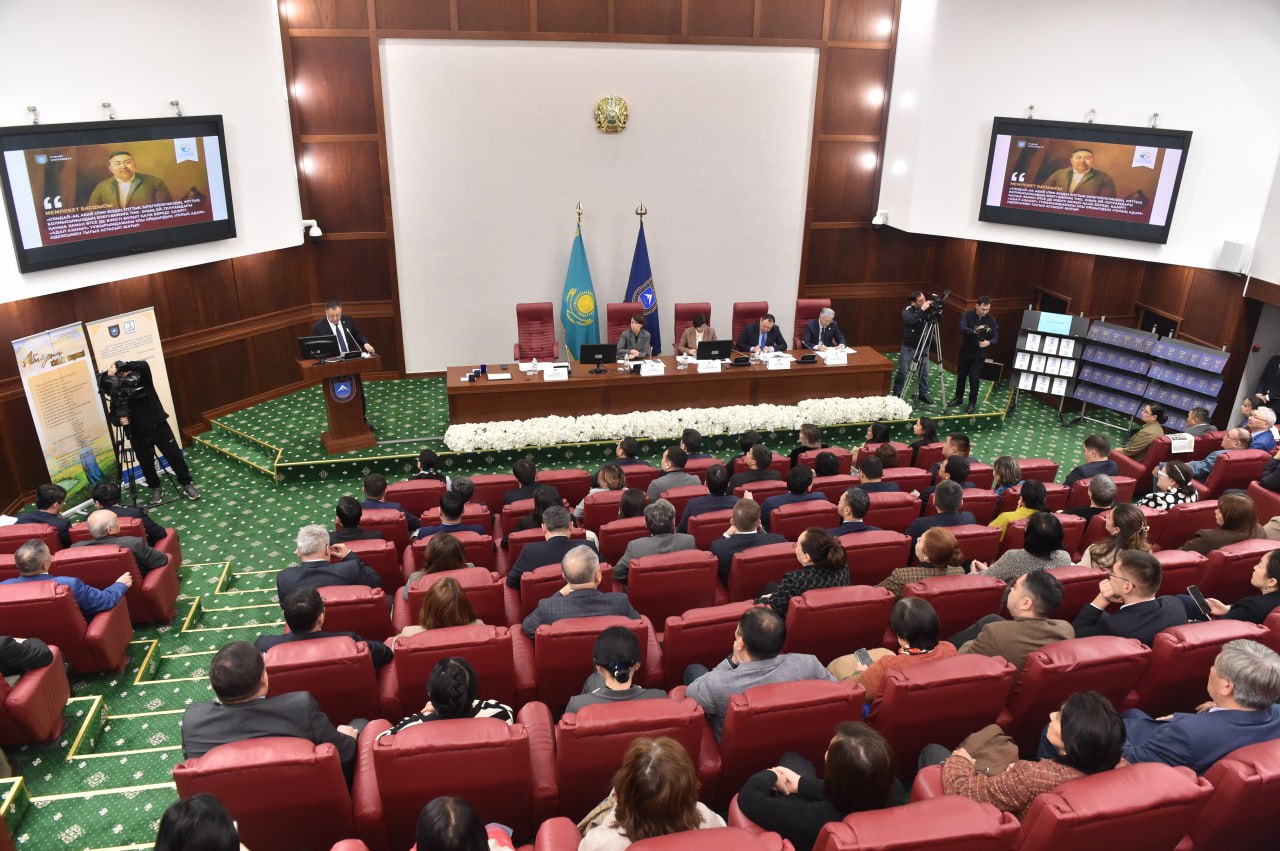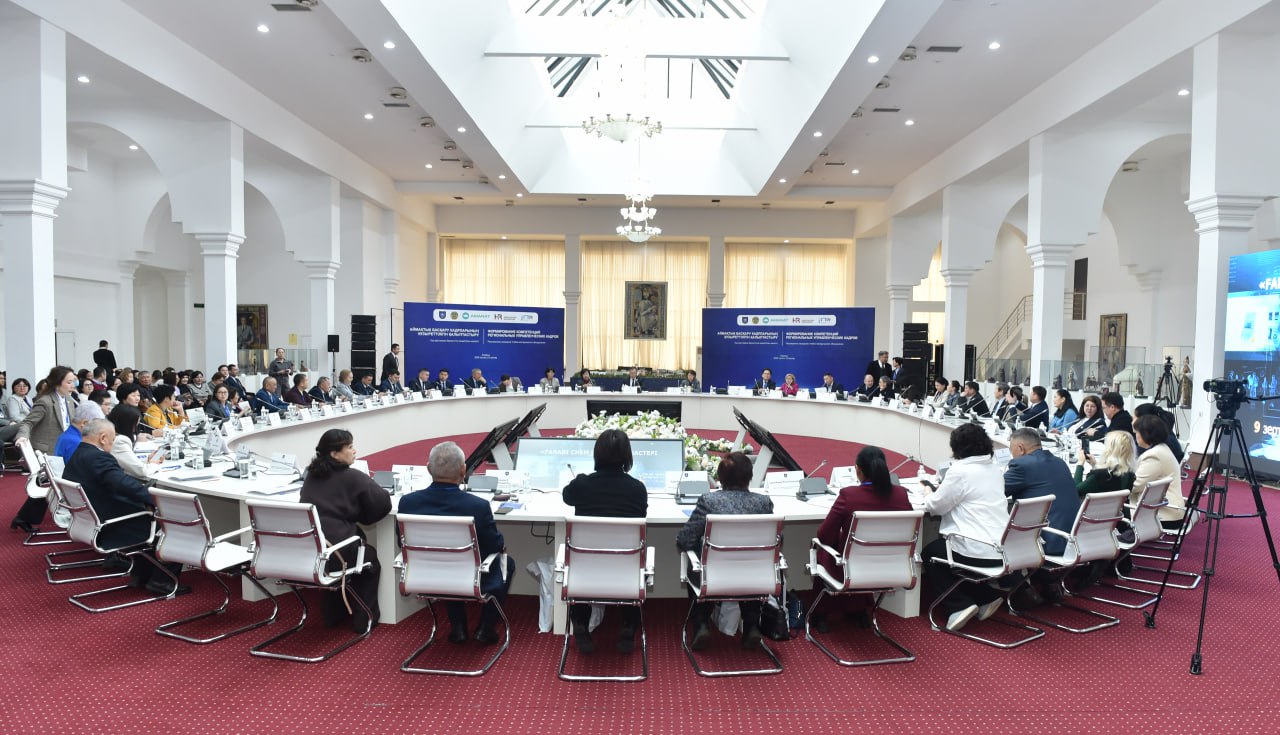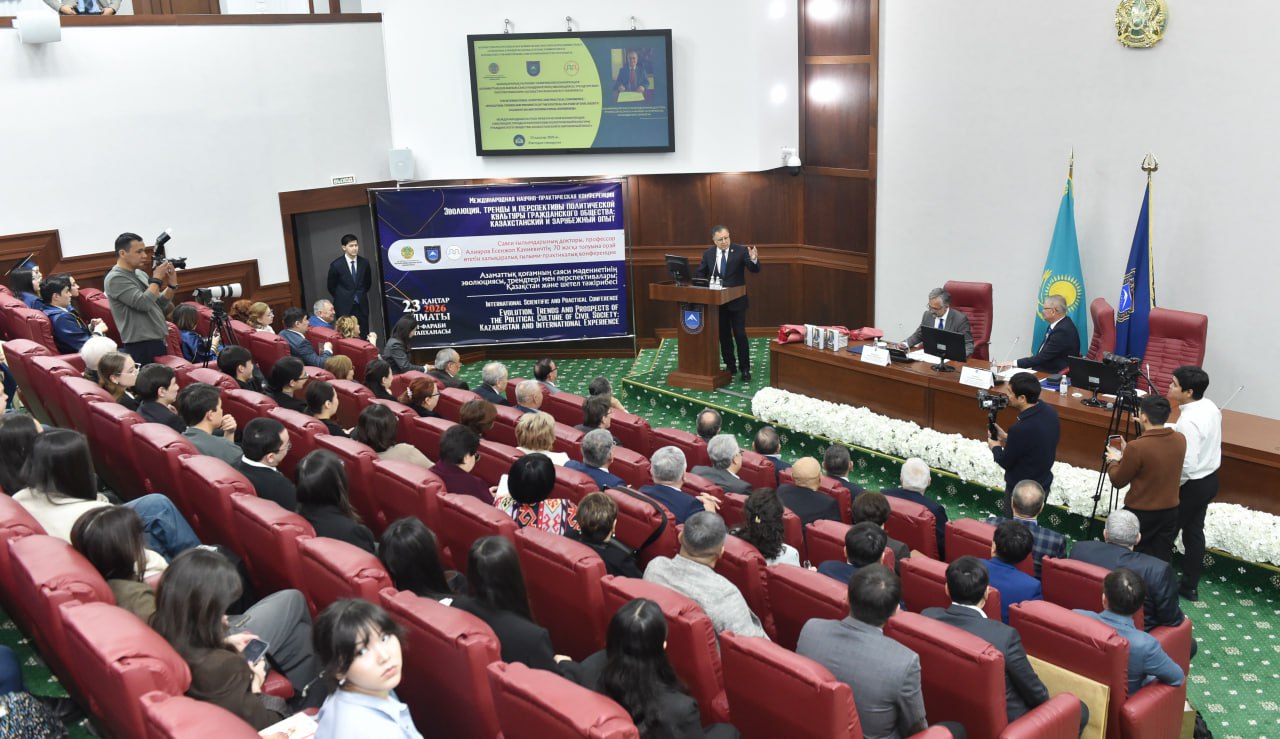Media Literacy as Protection Against Destructive Content

President Kassym-Jomart Tokayev’s speech at the expanded government meeting underscored concerns regarding disinformation and the spread of destructive content. This issue has become critical in today’s media-saturated world, as digital technologies provide vast opportunities for sharing knowledge and shaping public perception.
The President emphasized the need to legally enforce internet platforms’ responsibility for spreading destructive content. This step is crucial, as major digital services play a pivotal role in shaping the information space and should not become tools for manipulating the masses by disseminating fake news. However, when discussing the legal regulation of online content, it is essential to understand that restrictive measures alone cannot ensure the information security of society. Destructive materials, fake news, and propaganda do not spread solely due to their distributors but to audiences' lack of media literacy. Therefore, now more than ever, a comprehensive approach is necessary – one that combines legal regulation with educational initiatives to enhance citizens’ critical perception of information and their ability to resist manipulative content.
In this context, the research conducted by scholars at Al-Farabi Kazakh National University, funded by the Ministry of Science and Higher Education of the Republic of Kazakhstan, is particularly relevant. The project titled «The Methodology of Integrating Language and Media Education to Develop Media Literacy Among Kazakhstani Youth as a Key Factor in Their Socialization and Intercultural Interaction» aims to develop effective educational strategies that equip young people with knowledge about information dissemination mechanisms and provide them with the tools for critical thinking. The younger generation is the most active consumer of digital content, and their ability to distinguish between reliable and false information plays a crucial role in enhancing society's resilience to information threats. Thus, integrating media literacy into educational programs can complement legal mechanisms for regulating the media space, ensuring a comprehensive approach to addressing disinformation.
The project researchers underscored the urgency of strengthening media literacy during the seminar «Education in the Digital Age: Media Literacy and Innovative Methods for Sustainable Development» in January 2025 at South Kazakhstan State University, Tashenov University, and Atyrau State University. The event brought together educators, researchers, policymakers, and media professionals to discuss the challenges of media education in the modern digital environment.
Participants examined the risks posed by unchecked information flows, the influence of artificial intelligence on content generation, and the growing role of social media in shaping public consciousness. A significant focus was placed on integrating media literacy training into existing educational curricula, ensuring students develop essential critical thinking skills early. Experts emphasized that media literacy should not be treated as an isolated discipline but as a cross-cutting theme embedded in various subjects, including language studies, social sciences, and digital technology courses.
Moreover, practical workshops were conducted to train educators on innovative methods for teaching media literacy, including fact-checking techniques, AI-powered content analysis, and interactive learning tools. These discussions reinforced the idea that media literacy is not only a means of combating fake news but also a tool for fostering informed civic engagement and responsible digital behavior.
Incorporating media literacy at all levels of education is particularly important – from school curricula to specialized programs for higher education students, professionals across various industries, government officials, and civil society representatives. Education in this field will help reduce the risks associated with destructive content and foster a culture of conscious information consumption within society.
The insights gained from the recent seminar reaffirm the need for collaborative efforts between educational institutions, government agencies, and media organizations to create sustainable and adaptable media literacy programs. Given the ever-evolving nature of digital threats, ongoing research and training initiatives must be supported to keep pace with new challenges in the information sphere.
We hope that media literacy will continue to receive further attention and support. After all, forming an information-literate society protects against fakes and manipulation and is the foundation for dialogue, mutual understanding, and the nation's sustainable development.
Perizat Yelubayeva,
Department of Turkology and Theory of Language


